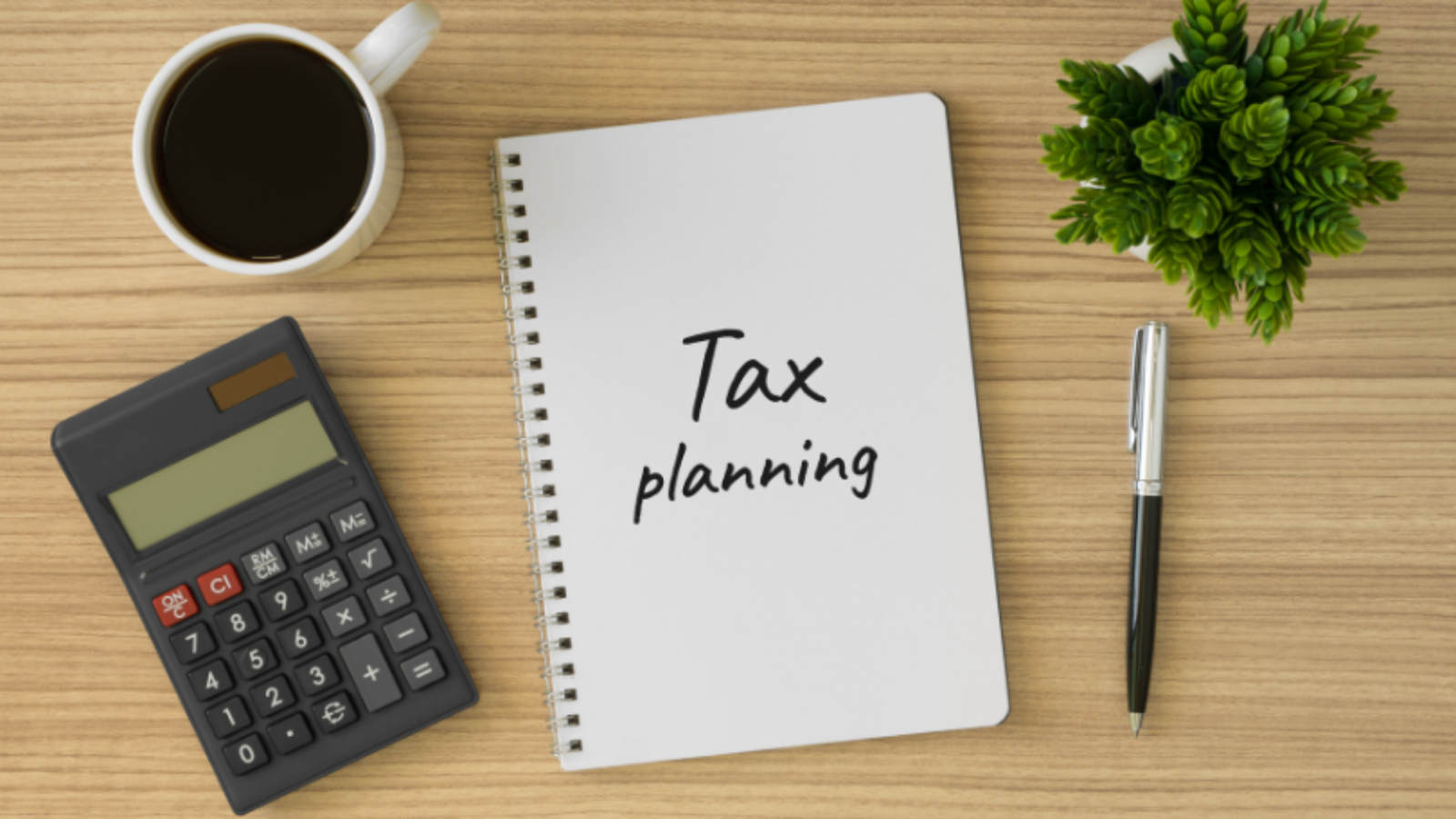The Great Resignation has resulted in many former employees considering or becoming their own boss. While this shift in one’s title is a level up in many ways, it comes with an increase of responsibility when it comes to paying taxes that many people aren’t aware of. This additional responsibility can actually provide benefits that W2 employees cannot take advantage of.
Let’s review some things that everyone should know if they want to work for themselves.
Tax Payments
- Self-employed people receive compensation that does not withhold their required tax payments. Instead, they are responsible for paying quarterly estimated taxes on their income. Due to this, it’s important to track monthly and quarterly income and set aside money for tax payments.
- Instead of receiving a W2, the self-employed receive a Form 1099 from each entity that has paid them, this document details the amount they have earned. Making accurate quarterly estimated tax payments throughout the year can reduce tax liability at the end of the fiscal year.
- Self-employment taxes are 15.3% of earned income, of which 12.4% goes toward Social Security and 2.9% goes toward Medicare.
Tax Savings
- Self-employed people benefit from being able to claim deductible business expenses on their taxes. They can write off half of the self-employment levy, phone bills, internet expenses, costs associated with a home office, and more.
- Self-employed people are eligible to open a simplified employee pension plan, known as a SEP IRA. Through this plan, 25% of net earnings from self-employment can be saved.
- Health insurance premium payments can be claimed as a tax deduction for the self-employed.
- Entrepreneurs with businesses filed as pass-through entities, including S-corporations and LLCs may also benefit from the 20% qualified business income deduction that is subject to limits based on income level and industry.
Of course, everyone’s individual situation will vary, which is why speaking with a CPA can help you to create a plan that will help you plan your tax strategy before tax season even begins.
If you recently made the transition to being self-employed and want to prepare for the upcoming tax season, consider scheduling a consultation call with Fola Financial to learn more about how our services can help you to create a smart tax strategy and reduce your tax liability. Click here to get started!


